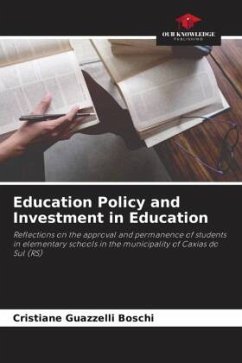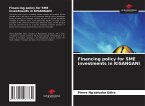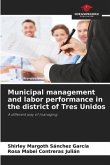The strengthening of local governments, provided for in the 1988 Constitution, guaranteed municipalities greater autonomy to manage their tax resources and, within the scope of the Democratic State of Law, being the responsibility of the municipal public power, the regulation of the offer and access to compulsory elementary education. In view of this, the managers of the Schools of the Municipality of Caxias do Sul, when having resources from the Federal, State and Municipal Governments, establish their priorities for the use of the allocated amounts. The research seeks to relate financial investments in education, based on the results regarding dropout, approval and failure in the triennium 2010-2012. The data analysis adopted was content analysis, combined with statistical analysis with secondary data. Based on the ideas of Paulo Freire and Paro, in addition to the determinations provided for in the Federal Constitution, it is concluded that the relationship of investments withthe results regarding approval and failure is true, since the amounts released to each school depend on the number of students. As for the dropouts, there is no relationship with investments.
Bitte wählen Sie Ihr Anliegen aus.
Rechnungen
Retourenschein anfordern
Bestellstatus
Storno








